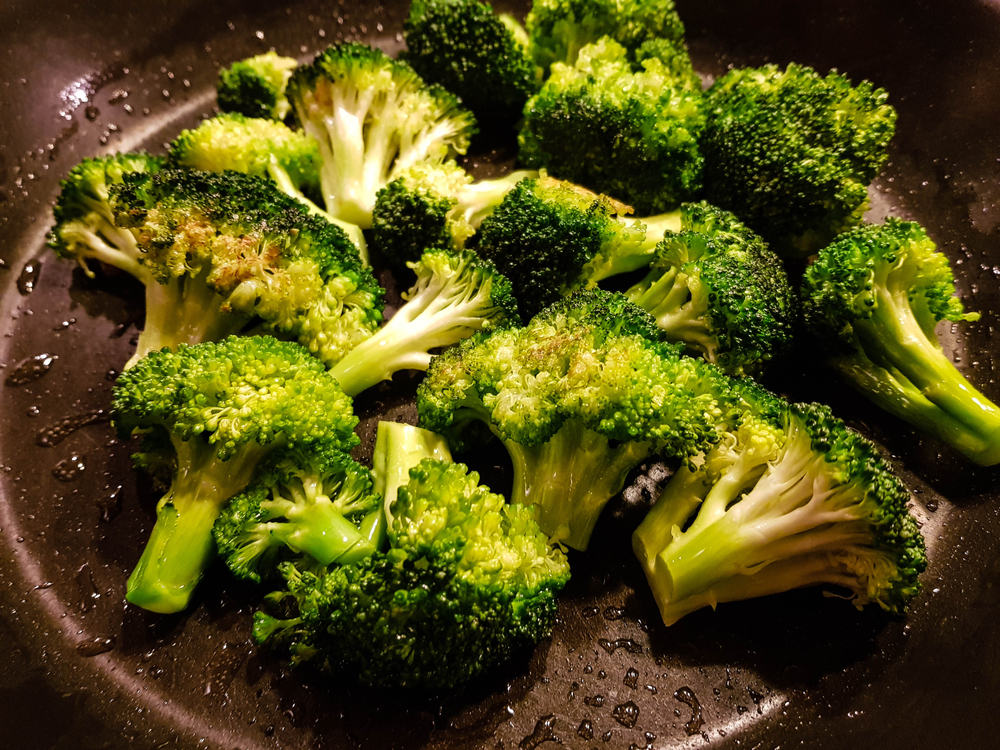Incorporating raw cruciferous vegetables like broccoli, cauliflower, and Brussels sprouts into your diet can offer significant health benefits, including improved cholesterol levels, enhanced heart health, and better blood sugar regulation. A key factor in these benefits is a compound called glucoraphanin, found in these vegetables. Glucoraphanin is crucial because it produces sulforaphane molecules, known for their anti-inflammatory properties and potential cancer prevention benefits. However, since not everyone enjoys the taste of raw broccoli, many are turning to broccoli supplements as a convenient alternative.
According to surveys cited by the American Medical Association (AMA), more than half of U.S. adults regularly take dietary supplements, reflecting a growing trend in health and wellness. The U.S. supplement industry is projected to reach $60 billion by 2025, with global estimates nearing $200 billion. As people increasingly seek ways to boost their health, broccoli supplements are gaining popularity for their high sulforaphane content.
But why broccoli, specifically? This cruciferous vegetable, particularly its stalks, is one of the richest sources of sulforaphane, a compound linked to various health benefits. Sulforaphane is known to have antioxidant and anti-inflammatory effects, which can help lower blood sugar, reduce cancer risk, and delay cognitive decline associated with aging. However, to release sulforaphane, glucoraphanin must interact with an enzyme called myrosinase, which occurs naturally in broccoli when it’s chopped, chewed, or consumed raw.
Cooking broccoli, however, significantly reduces the amount of sulforaphane produced. A 2018 study published in the Journal of Agriculture and Food Chemistry found that stir-frying broccoli results in 2.8 times less sulforaphane than consuming it raw. This is one reason why broccoli supplements, which are typically made from the vegetable’s stalks, are becoming a popular alternative—they offer a concentrated dose of sulforaphane without the need to eat raw broccoli.
While these supplements provide a convenient way to increase sulforaphane intake, they don’t offer all the benefits of eating whole broccoli, such as fiber and vitamin K. Moreover, the long-term effects of taking broccoli supplements haven’t been extensively studied, and because the U.S. Food & Drug Administration (FDA) doesn’t regulate supplements before they reach the market, it’s essential to consult with a healthcare provider before adding any new supplements to your routine.

